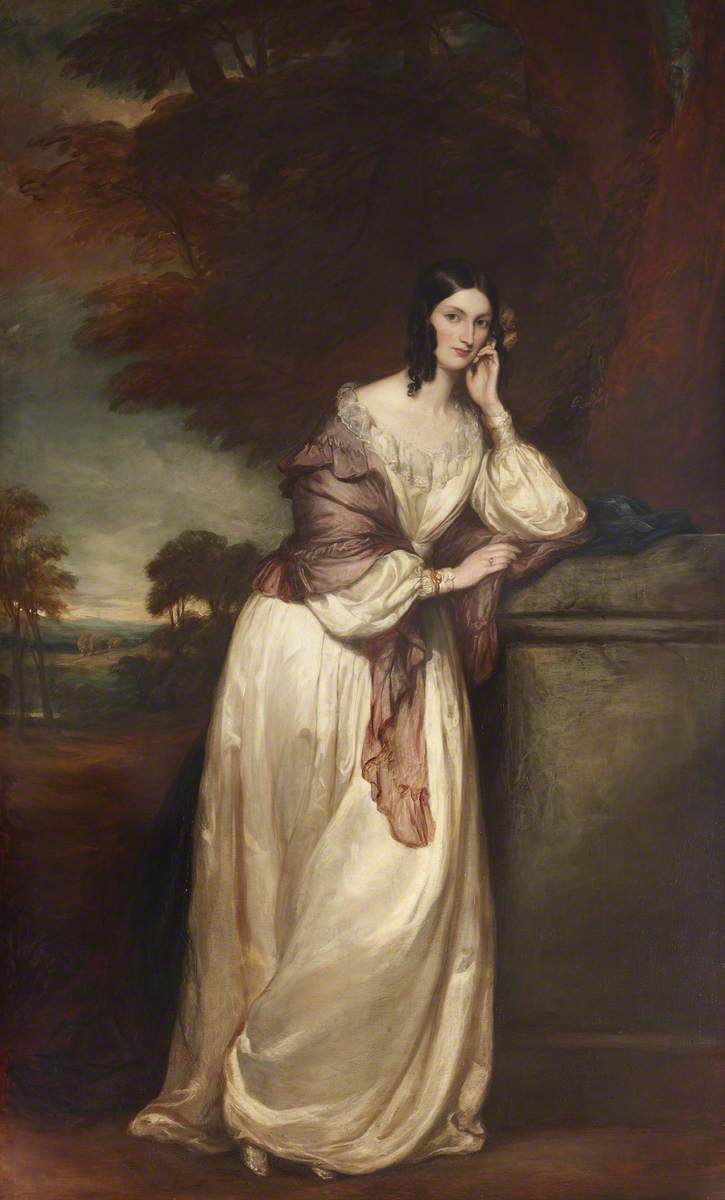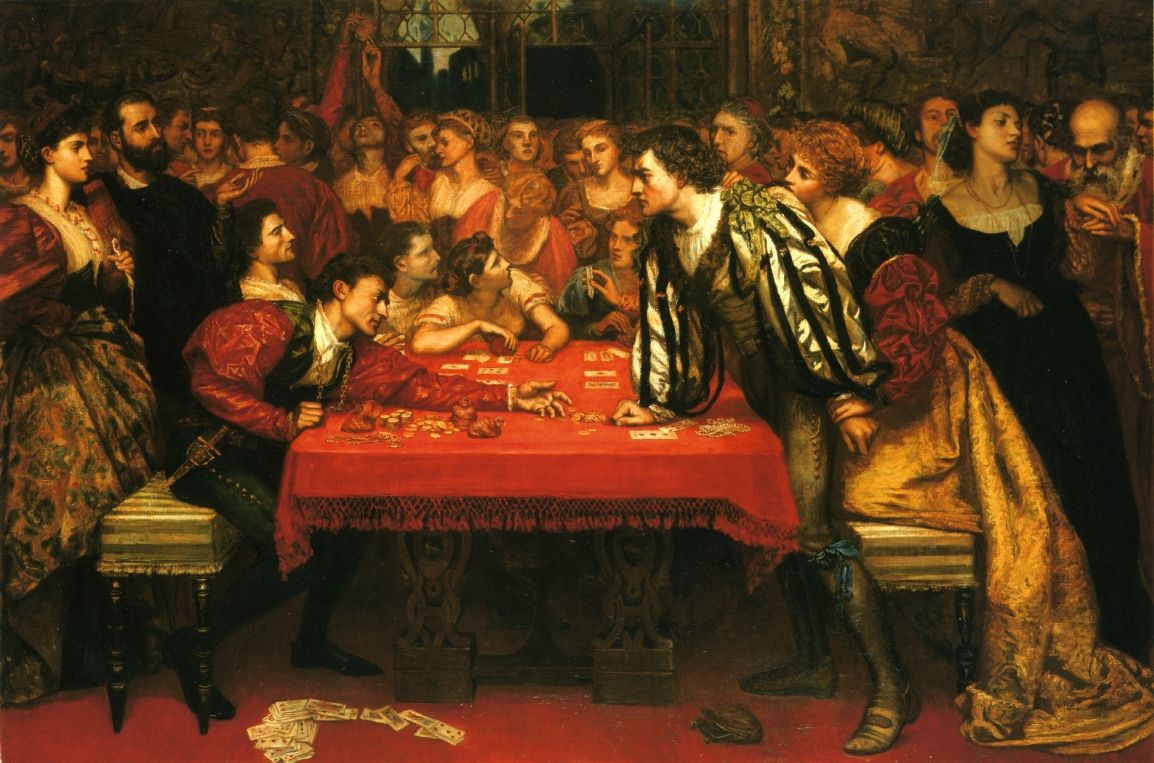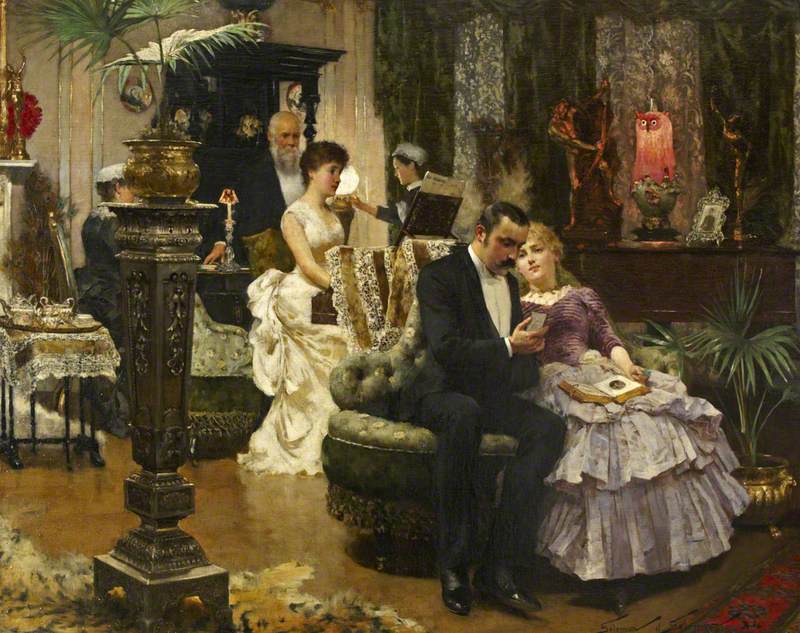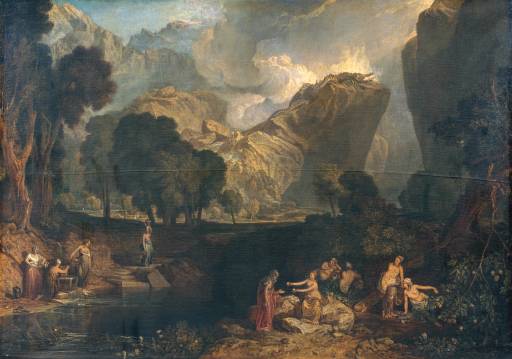Here is another novel by James Payn (see Novel 011), with an excellent plot featuring some delightfully scoundrelly scoundrels.
“Mr. Payn has here made a capital and original study of a villain…. the construction is excellent, strong situations abounding, and . . . nevertheless, the characters are developed with the utmost truthfulness. The novel abounds with clever remark and sub-ironical reflection; but Mr. Payn, though sometimes he indulges in very smart sentences, is never really cynical or cruel: there is a genial light shining over it all.” British Quarterly Review, April, 1884
“The actors in it are, for the most part, really pleasant and agreeable; the scenes are, with important exceptions, natural and homelike; there is a domestic tone about the book, and family affection has full play.” Spectator, April 12, 1884
It “does not amount to much as a story, although the interest does not flag; but it is full of the quiet wit which has been so enjoyable in all his other stories, and the terse characterization which gives us the man or the woman in a single sentence.” The Critic and Good Literature, May 10, 1884
Download this week’s novel:
v.1 https://archive.org/details/canonsward01payn/
v. 2 https://archive.org/details/canonsward02payn/
v.3 https://archive.org/details/canonsward03payn/




























